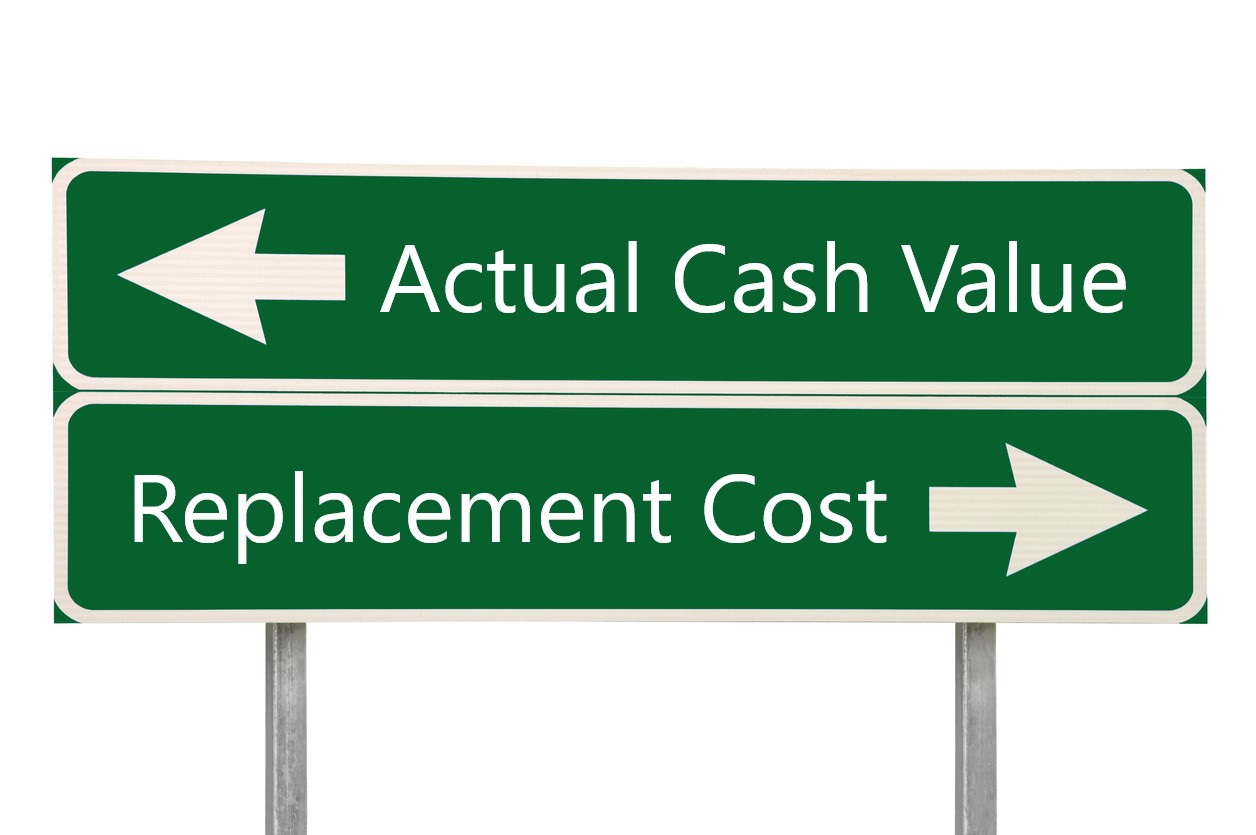The law firm that defended Scottsdale Insurance Company in the bad faith verdict I wrote about in Hurricane Laura Bad Faith Verdict Against Scottsdale Insurance, has a blog that noted the rules for payment of replacement cost value and actual cash value. This seemed to be a major theme throughout the lawsuit since Scottsdale claimed it was properly paying actual cash value payments in a timely manner.
In their post, Insurance: “ACV,” Depreciation, or Both, the firm noted general Louisiana law regarding the payment of actual cash value and replacement cost value found in most policies:
An insurer will work with you to identify the ‘actual cash value’ or ‘ACV’ of the damaged property when handling your claim. ‘ACV’ is defined as the cost to repair/replace the damage, less depreciation. Jouve v. State Farm Fire and Cas. Co., 2010-1522 (La.App. 4 Cir. 8/17/11), 74 So.3d 220. Many policies provide that an insurer is not obligated to provide you with more than the “ACV” of the damage, unless and until you actually make repairs. Later, you can recover the depreciation amount once you submit proof that the repairs are complete. Courts have enforced such provisions in many cases, regardless of the type of loss.
So, what happens if you never make the repairs? Simply, the insurance company may never owe the depreciation. In Hackman v. EMC Ins. Co., 07-552 (La.App. 5 Cir. 3/25/08), 984 So.2d 139, the plaintiff’s property was damaged by a fire. The insurer paid the ACV of the loss but withheld depreciation pending repairs. The plaintiff never made the repairs and ultimately sold the property. The Court ruled the plaintiff was not entitled to recover the difference.
Similarly, in Jouve v. State Farm Fire & Cas. Co., supra, the plaintiffs’ home was damaged by wind during Hurricane Katrina. Their insurer paid the ACV of the loss. Thereafter, the plaintiffs sold the home ‘as is’ and sought recovery for the depreciation. The court reviewed the policy and found the plaintiffs’ sale of the home without repairs limited their recovery to ACV.
Insurance companies often talk about the “moral hazard” they face from policyholders. What about the “moral hazard” policyholders face when insurance companies are incentivized to wrongfully underpay, delay, or deny actual cash value benefits. If we follow the above rules, the insurance companies may even escape payment of replacement costs benefits because the policyholder was relying upon the insurance company to finance the covered loss.
If the insurance company does not have to pay replacement costs benefits after wrongfully delaying and denying full actual cash value benefits, there is a direct incentive for bad actors to wrongfully profit by wrongful conduct. This was the point of my recent post, Should Underpaying and Wrongfully Denying Insurance Companies Get Away With Not Paying Replacement Cost Benefits? It underscores why it is important for the law to punish wrong-acting insurers and hold them accountable for breaking good faith rules harming their customers.
Thought For The Day
I love Louisiana. There’s no place on earth like Louisiana, and there’s no city on earth like New Orleans. I grew up in Baton Rouge.
—Don Lemon




